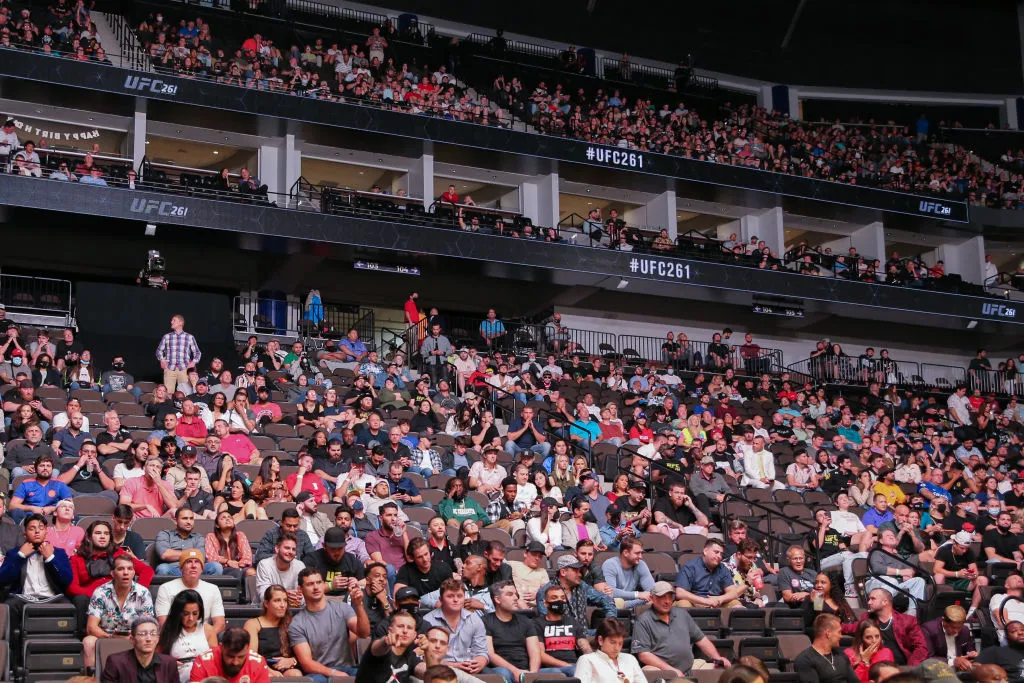In recent years, the Ultimate Fighting Championship (UFC) has strategically expanded its events into emerging global cities, creating unexpected economic ripple effects. Cities like Abu Dhabi, Singapore, and São Paulo have seen spikes in hotel bookings, local transportation usage, and tourism spending when hosting UFC Fight Nights or major pay-per-view bouts. The ability to draw international fans and media attention has turned UFC events into short-term economic boosters for less traditional sports destinations.
As someone who’s followed sports economics closely, I’ve noted how cities like Abu Dhabi used UFC events not only for economic stimulation but also for global branding. During the pandemic, “Fight Island” brought massive visibility and revenue to Yas Island, sparking a surge in hospitality and tourism post-event. Similarly, São Paulo has leveraged its UFC-hosted weekends to revive local vendor markets and nightlife districts, injecting capital into areas often overlooked by mainstream tourism.
The economic benefit of UFC events goes beyond the cage. Sponsorship deals, merchandise sales, and digital streaming rights all contribute to the financial pie. For emerging cities looking to position themselves as dynamic sports tourism hubs, hosting a UFC event offers not just entertainment — but a powerful jab of economic opportunity.

